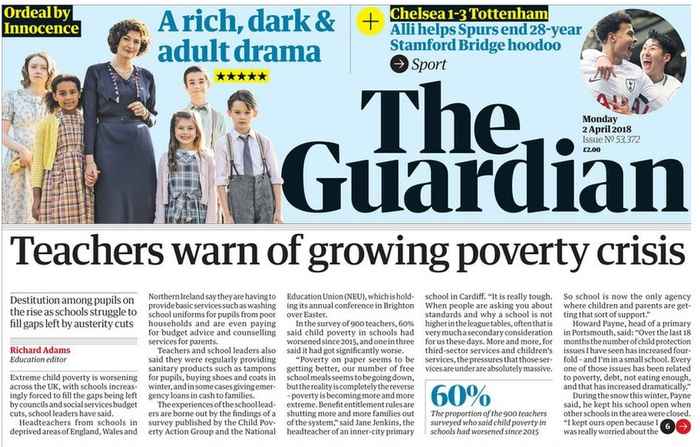
The study programme
The programme
Development Economics is one of the tracks of the Master's Economics. During your Master's you will follow 3 general courses and 3 track-specific courses. You will finish with a thesis.
-
MacroeconomicsPeriod 15
In this course you will learn about modern macroeconomic models. You will learn how to use these models to explain and evaluate recent events and policy interventions. For example, the effect of uncertainty on savings, welfare and investment, the causes and nature of unemployment and inflation and the role of monetary and fiscal authorities.
-
Microeconomics and Game TheoryPeriod 15
In this course you will learn to understand the workings and limitations of the market. You will learn how to analyse consumer and producer behaviour and how to use basic game theory. The central question is: what can markets do and when do they fail? What determines the outcome, and how does that depend on market structure?
-
Applied EconometricsPeriod 1Period 25
In this course you will learn about regression analysis. In applied economics this is a powerful tool to analyse empirical relationships. You will learn how to interpret estimation and testing results and build a satisfactory empirical model. You will follow lectures and take part in lab sessions to acquire practical econometric skills by making computer exercises.
-
Policy Evaluation: Development and Public PolicyPeriod 25
This course introduces you to contemporary methods of policy evaluation. You will study their applications related to topics such as education, health, nutrition, crime, microfinance, gender and labour issues. You will read and prepare papers in order to explain important aspects of these papers during the weekly meetings.
-
Microeconomics for DevelopmentPeriod 25
In this course you will apply microeconomics to topics in development economics. The aim is not to be complete, but to select a number of 6 well-studied topics, stressing their empirical foundation. You will discuss the concepts, measurement of poverty and the evaluation of policy impact extensively. During the course, we will use empirical evidence.
-
Microeconomics for DevelopmentPeriod 25
-
ThesisPeriod 1Period 2Period 5Period 615
The academic programme culminates in a thesis, which allows you to engage with state-of-the-art data analysis and statistical techniques. The Master’s thesis is the final requirement for your graduation. It is your chance to dive deep into a topic in your field of choice (track) that you are enthusiastic about, and allows you to do an independent research project. A professor of your track will supervise and support you in writing your thesis.
Honours programme
If you are a student of the Master's Economics and you have a record of academic excellence, a critical mind and an enthusiasm for applied research, then our Economics Honours programme is a great opportunity for you.

This Master's perfectly blends my two passions: economics and policy analysis. It's a challenging programme, that teaches you hard and soft skills.Anouk Roethof Read about Anouk's experiences with this Master's

Some professors had a big influence on my career choices, and I would love to be that person for my students.Menno Pradhan, Professor in Development Economics Read the full interview

Good ideas on how to reduce poverty abound. But do these really address the key problems facing the poor? And is there solid evidence that they have impacted the lives of the poor in the past? In Development Economics we discuss theories and empirical methods that can help to answer such questions. Your input will help shape the debate.
-
When do I need to select a specialisation track?
A specialisation track must be chosen when applying for the Master’s programme. However, track modifications are still possible until late October. The criteria for all tracks are identical and do not impact the likelihood of being accepted into the programme.
-
How many students are accepted into the programme?
Our Master’s programme admits around 25 students per specialisation track. If you meet the entry requirements, you will always be accepted; this Master’s does not have a numerus fixus.
-
What are the weekly contact hours?
Most courses have one 2-hour lecture and one 2-hour tutorial per week. Some courses also offer a Q&A or self-study clips. Generally, students take 3 courses at a time, so count on about 12-15 contact hours per week.
-
Will all lectures be held in person, or will there be options for online attendance?
Only the 3 courses (microeconomics & game theory, macroeconomics, and applied econometrics) at the beginning of the year use (online) clips. In addition to clips, these 3 courses offer weekly on-campus tutorials and Q&As. All other courses are fully taught on campus, so in person. Some courses even have mandatory participation, especially for tutorials.
-
Is attendance compulsory for lectures, tutorials, and other sessions?
Attendance usually is not compulsory for lectures, but commonly for tutorials and other sessions. Students greatly benefit from being present and engaging in discussions with both the instructor and their fellow classmates.
-
What is the typical method of assessment for most courses?
Most courses have a combination of a written on-site exam and additional assessment methods, including oral presentations, developing research proposals, conducting experiments, and writing up results. The written on-site exam often makes up most of the grade. Finally, some courses require attendance, which is reflected by presence and activity in tutorials and online assignments.